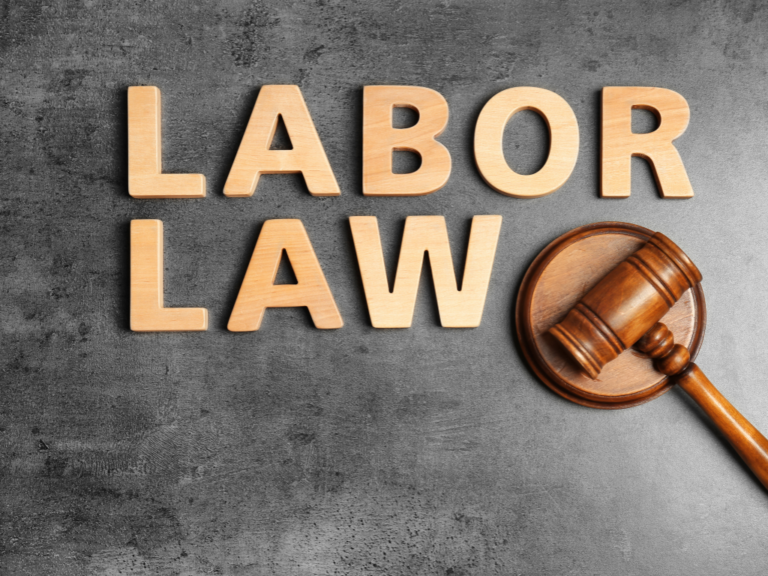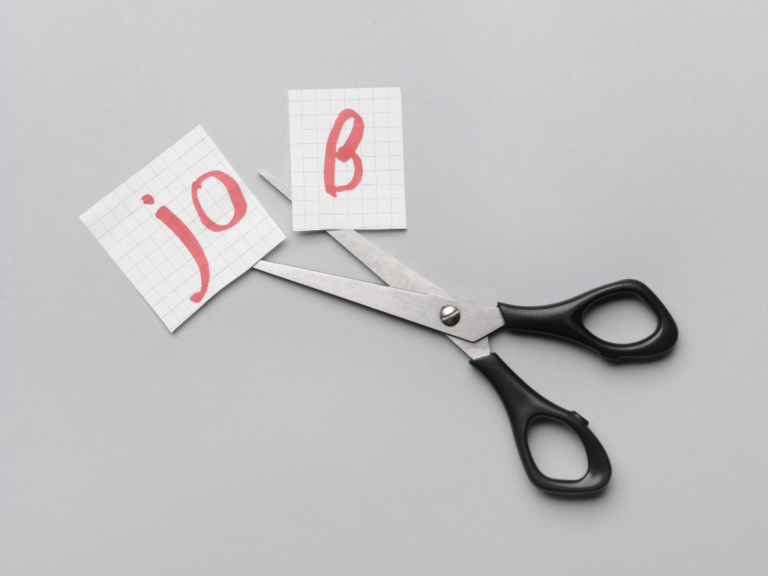Call us now:
The labor dispute resolution process in Vietnam is a legal mechanism designed to resolve conflicts arising between employees and employers within the employment relationship.

Concept of Labor Dispute Resolution
Labor dispute resolution is the process of addressing and resolving any disagreements or conflicts arising between employees and employers or between groups of employees within the employment relationship. This process includes the application of legal measures and agreements to find a fair and balanced solution for both parties, ensuring the rights and obligations of each party according to labor laws.
Authorities Responsible for Resolving Labor Disputes in Vietnam
Labor disputes include individual labor disputes, collective labor disputes over rights, and collective labor disputes over interests. Each type of dispute has specific regulations regarding the authority responsible for resolving them:
- For individual labor disputes: The authorities include labor mediators, labor arbitration councils, and people’s courts. Individual disputes must go through a mediation process before being brought to an arbitration council or court, except in special cases listed in the law, such as disciplinary dismissal, unilateral termination of contracts, social insurance, health insurance, unemployment insurance, or disputes between employees and organizations sending workers abroad.
- For collective labor disputes over rights: These disputes are also resolved by labor mediators, arbitration councils, and people’s courts, requiring mediation before proceeding to further steps.
- For collective labor disputes over interests: The authorities include labor mediators and labor arbitration councils. These disputes must be mediated before calling on the arbitration council or taking further steps such as striking.
Labor Dispute Resolution Process in Vietnam
The labor dispute resolution process in Vietnam is specifically outlined in the Labor Code and accompanying legal documents. Here are the main steps in the labor dispute resolution process:
1/ Direct Negotiation to Resolve the Dispute
The parties involved attempt to resolve the dispute through direct negotiation. The goal is to find a satisfactory solution for both sides without third-party intervention.
2/ Mediation by a Labor Mediator
If direct negotiation fails, either party can submit a mediation request to a labor mediator. The labor mediator will assist the parties in finding a compromise. Labor mediators are trained and experienced in resolving labor disputes.The labor mediator must complete the mediation within 5 working days after receiving the dispute resolution request. The mediation session requires the presence of both parties. They also have the right to appoint representatives to attend the mediation on their behalf.If the parties reach an agreement, the mediator will draft a memorandum of successful mediation with signatures from the involved parties and the mediator. If no agreement is reached, the mediator will propose an alternative solution for the parties to consider. If this solution is accepted, a successful mediation memorandum will be created. If the solution is not accepted, or one party unjustifiably fails to appear after two invitations, the mediator will draft an unsuccessful mediation memorandum signed by the mediator and the present party.A copy of the memorandum, whether successful or unsuccessful, will be sent to the involved parties within one working day after drafting the memorandum.If the parties do not comply with the agreement recorded in the successful mediation memorandum, the affected party has the right to file a lawsuit with the labor arbitration council or court for resolution.
3/ Labor Arbitration
If mediation is unsuccessful, the dispute can be brought before the labor arbitration council. The arbitration council will review the case and issue a final decision based on labor laws and the agreements between the parties.
4/ Court
If all the above dispute resolution measures fail, the parties can ultimately take the issue to court. The court will review and issue a judgment based on labor law evidence and judicial practices. The court’s decision is final and legally binding.
Throughout this process, the goal is to protect the legitimate rights of the parties and ensure fair and harmonious labor relations. Vietnam encourages resolving disputes through negotiation and mediation before resorting to legal measures to minimize negative impacts on labor relations and create a stable working environment.
Contact Us Now:
DCNH LAW
Address: 38B Tran Nhat Duat, Phuoc Hoa ward, Nha Trang city, Khanh Hoa province, Vietnam.
Phone: (+84) 343320223 – 974278893
Email: dcnh.law@gmail.com




